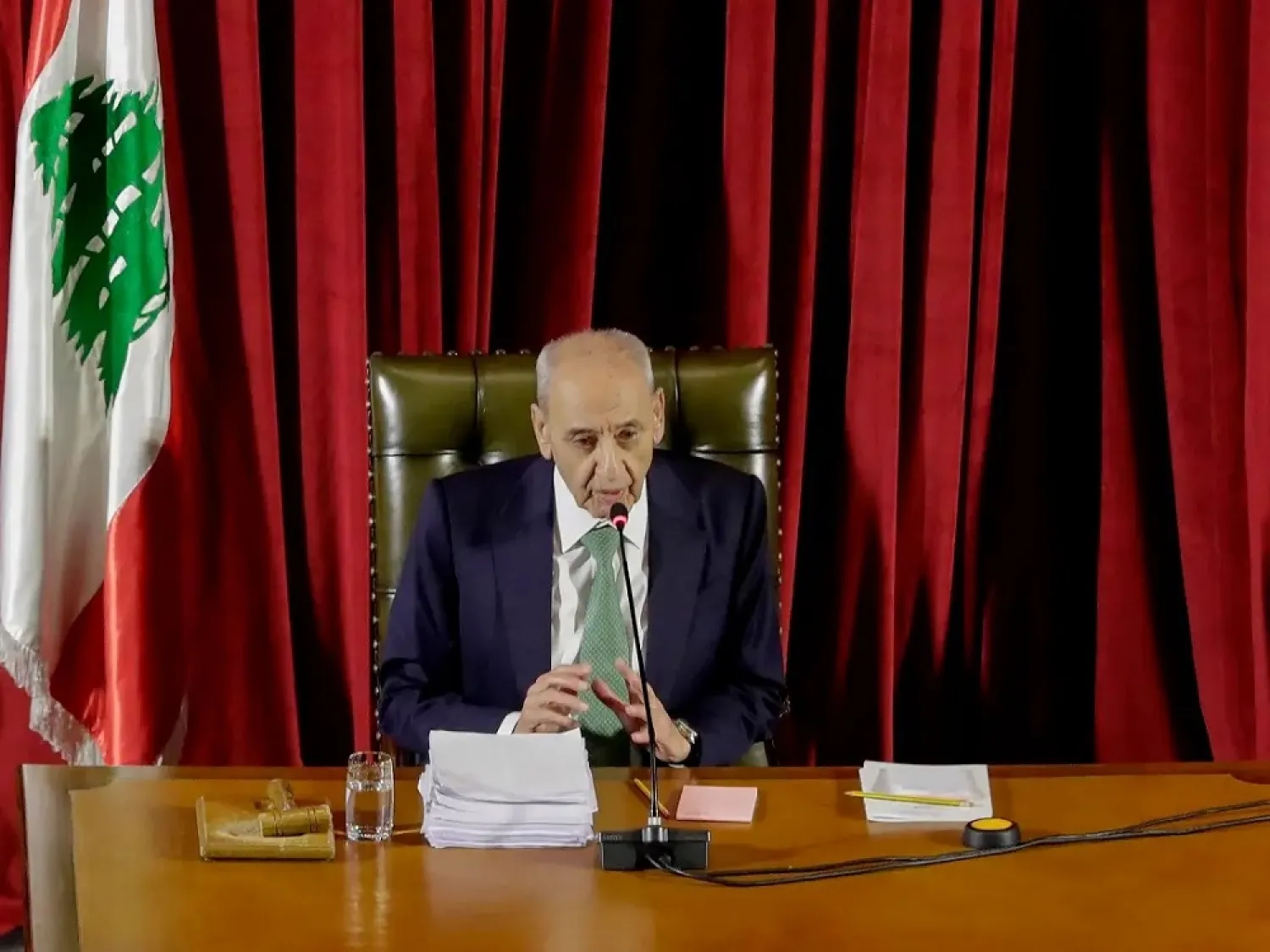Lebanon's parliament Speaker Nabih Berri warned the country would be headed to a worse situation if accumulating crises are not addressed.
In remarks to Asharq Al-Awsat, he said this week is "decisive" in determining the course of events.
He said attention would be focused on the constitutional council's decision over the appeal filed by the Free Patriotic Movement (FPM) over the parliamentary electoral law.
Officials and parties have been warning against the potential postponement of the elections that are set for March 2022. The Lebanese Forces (LF) has warned that it may take to the streets if the polls are delayed.
Berri noted the "major international interest" in Lebanon holding the elections.
"This is normal and it should also be normal and necessary for us to insist that they are held," he added.
He predicted that the constitutional council will announce its decision on Monday or Tuesday at most.
This in turn, will set in motion a new dynamic in the country regardless of whether the FPM appeal is accepted or not, he continued.
Moreover, Berri said that new efforts are underway to find solutions to problems, but the government crisis is still stalling.
He called for exerting serious efforts to resolve crises endured by the Lebanese people, "otherwise we will be confronted with a worse situation."
On Saturday, LF MP George Okais called on people to be ready to "head to the streets" should the elections be postponed or cancelled.
The elections are a "pivotal" junction and "necessary condition" to introduce change to the ruling authority in Lebanon, he added.
Any change takes place through elections, he remarked.
It is necessary to provide guarantees that the elections will be held, he went on to say.
The corrupt authority should be prevented from usurping the voice of the Lebanese people, urged the MP.
Okais warned against attempts to postpone the parliamentary and presidential elections, which are also set for 2022.
The LF opposes the extension of President Michel Aoun's term, he stressed
Mustaqbal MP Mohammed al-Hajjar warned that some sides are working on obstructing the parliamentary elections.
The movement insists that they be held on time, he stated.
"If they are not held, for whatever reason, then we will resign from parliament," he revealed.
The international community is using all its means to ensure that the polls are held because it wants to change the political class, he added.
Some sides claim that they want the elections be staged, but they are in fact working against them, he noted.
The FPM had on Saturday hoped that the constitutional council would approve its appeal.
The movement said it had appealed "flagrant legal and constitutional flaws" in the electoral law. It hoped the council would accept its appeal over an article that had deprived expatriates of their right to elect six lawmakers who would represent them at parliament.
The FPM stressed that it rejects any concession over these rights and that it deems any obstruction of state institutions as a form of blackmail
Furthermore, the movement had appealed the parliament's recommendation to hold the polls in March instead of May, as has been the case for years.
It also objected against allowing expatriates to vote for the entire 128-member legislature, instead of six seats allotted to them. It explained that such a move goes against a law that had dedicated the six seats to the expatriates. The seats represent all sects and form a new electoral district that is added to the ones designated to citizens residing in Lebanon.









